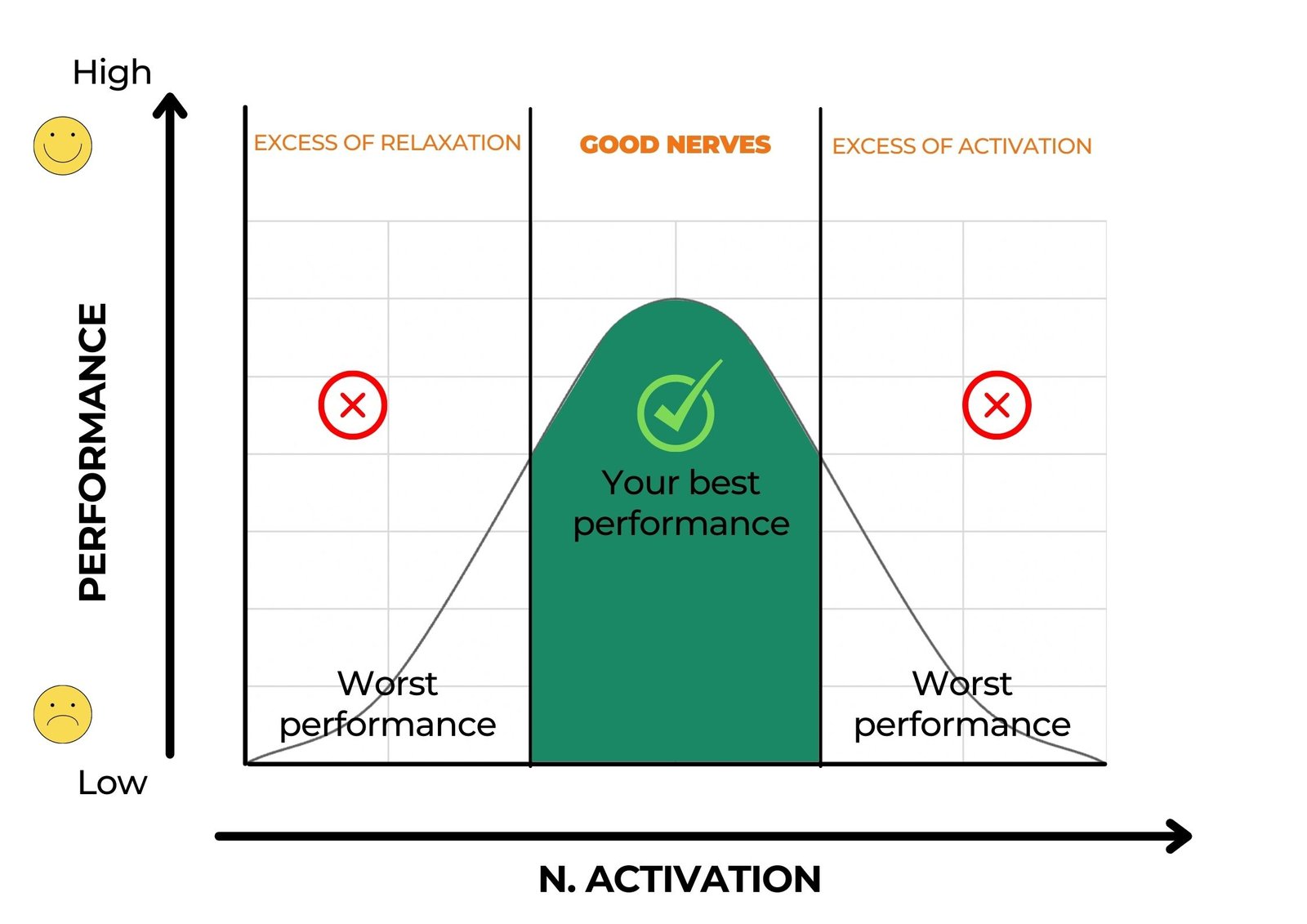1. Common Mistakes in Mental Preparation
COMMON MISTAKES
Now we are going to discuss some of the most common mistakes or wrong beliefs regarding mental preparation.
🧠 Psychological skills cannot be learned, trained, and improved.
It is still common to hear from many coaches and scouts that “the footballer is born”, “That boy has the making of a soccer player”, “that player is bad ”. These ideas refer to the importance of genetics over what can be learned. It is clear that some abilities clearly have a genetic basis. However, it is scientifically proven that it is the interaction of genes with the environment that determines behavior. In other words, talent is important, but learning and training are, at least, just as important. Dedication and discipline deliver better results than brilliance and talent on a day-to-day basis.
“EVERYTHING IS TRAINABLE. YOUR MENTALITY IS TRAINABLE “
⏰ Not spending time during the week for mental preparation.
The biggest mistake is that the player does not dedicate time and that he’s not doing specific activities or tasks to take care of his mental preparation. It has no mystery. As we saw in the introduction, to improve your technical and tactical skills or your physical preparation, you invest time and do specific tasks during the week and the season. The same thing happens with mental preparation. To think that willingness, positive phrases and watching videos is enough to prepare you mentally is ignorant and wrong. Doing that could even be counterproductive for your well-being and optimal performance.
“ WANTING TO ISN´T ALWAYS BEING ABLE TO”
🤔Not knowing what the main psychological variables are and how they work.
“WHAT IS UNKNOWN, CANNOT BE IMPROVED. WHAT DOES NOT IMPROVE, GETS WORSE”
Another mistake that is usually associated with the previous one is not knowing exactly what and which are the mental factors that most influence your well-being and sports performance. If they are not well known, they cannot be worked on properly. And if they cannot be worked, they cannot be controlled. Every athlete wants to be mentally strong, be well motivated, trust himself, etc; but on many occasions we do not know exactly what they are and how to work on these important psychological factors. There are many myths about these factors and, on many occasions, the player knowing them and how to distinguish them, and of course, working them can make the difference in performing at the highest level or not.
🤯Remembering your mental preparation when things are not going your way.
Many athletes and coaches turn to mental preparation when things go wrong, when there are emergencies. And that’s okay. It is looking for solutions. In fact, it is usually the way many athletes discover and learn about mental preparation. It’s never too late. But in sports, it is as important to learn to find solutions to what does not work on a day-to-day basis, as it is to anticipate and be ready before it even happens. Mental work, like technical, tactical and physical work, takes time. If you want to reach the key moment of the season at the best level, you must start working on this quality from the beginning. If you are able to anticipate and have a plan to prepare beforehand for all the demands that you are going to face (nerves, frustration, failures, pressure, moments of low confidence, difficulty concentrating,…) you will be ahead and will be able to deal with anything headed your way!
“LONG TERM PLANNING IS NOT THINKING ABOUT FUTURE DECISION THAT YOU WILL HAVE TO MAKE, BUT IN THE FUTURE”
(PETER DRUCKER)
📝Working on objectives in a general way, without working on them in writing and without continuity during the season.
“A GOAL WITHOUT A PLAN IS JUST A WISH”
(A, SAINT EXUPERY)
One of the most common mistakes when working on motivation is not having written goals for the season. Having a goal in mind, even knowing how to verbalize it, does not mean that it is well worked, or that it is even a goal. It is just a wish, without a plan, that you cannot measure and to which you do not dedicate time to. You need to translate those season goals into training goals, into concrete strategies and actions, with monitoring and evaluation. You will work on it in the tools section, through the Establishment of Objectives.
Not knowing the level of activation is which you perform the best in controlling stress.
The level of activation could be defined as the nerves you feel when facing an activity or situation. Nerves are necessary, but in the right measure. You have an optimal activation level (OAL) in which you perform the best in. Above or below that point, you tend to play and decide worse. Your task is to discover what that optimal activation point is and learn about the tools to raise or lower it depending on what you need and feel.

Source: own elaboration
For example, salt in food. It has an ideal point and for each person it is different. Without salt, the food will probably be bland, but if you add too much salt the food will be very salty. Each person has their own amount of salt that fits to their liking. Just like salt, Each player has their own Optimal Activation Level (OAL) in which he/she performs best.

Source:https://www.greenbatterymexico.com/
